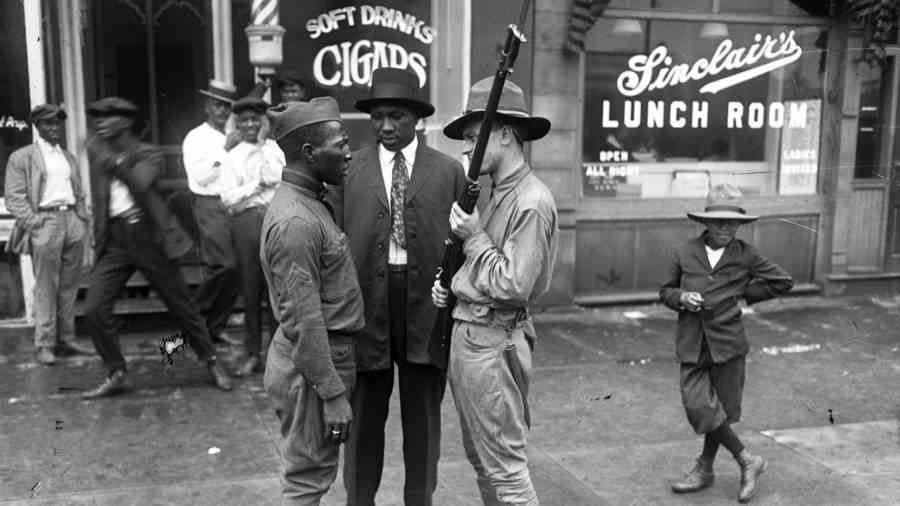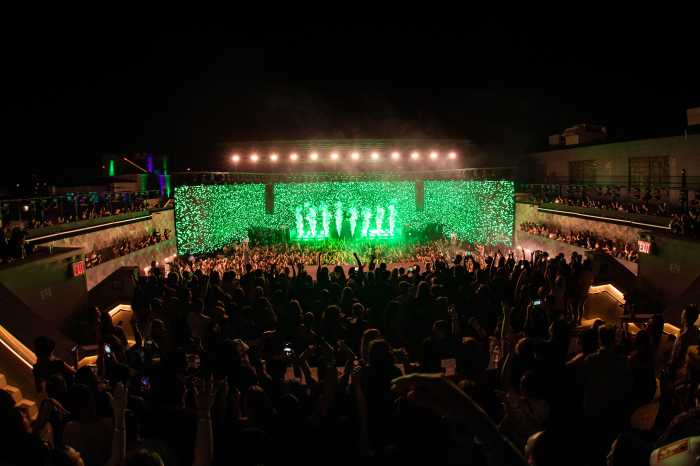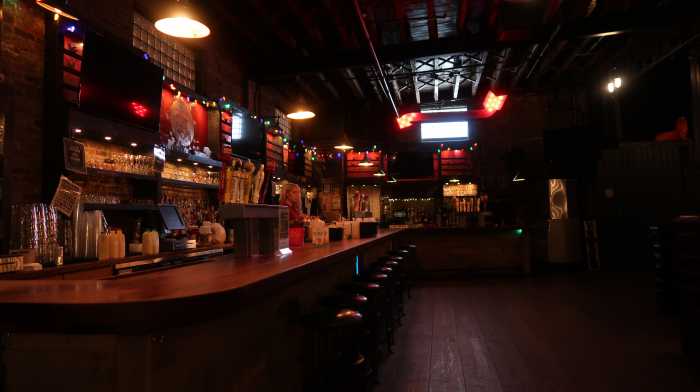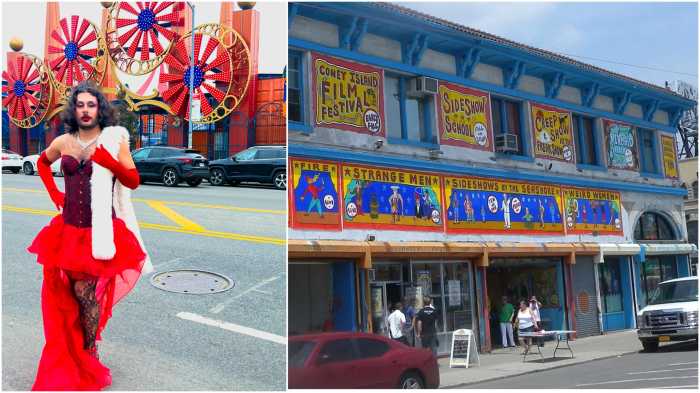It’s a somber song.
A concert of choral music that commemorates the “Red Summer” of 1919, when racist violence in northern cities led to hundreds of deaths, will ring out through St. Ann and the Holy Trinity Church on March 1 and 3. Grace Chorale of Brooklyn’s “A Long Dark Shadow” will showcase three vocal works that relate to that violent summer 100 years ago, a pivotal time that has been largely forgotten, said the choral group’s director.
“Most Americans aren’t that familiar with that summer, but many historians argue that it was one of the most troubling events of American history,” said Jason Asbury.
During the early 20th century many African-Americans fled Jim Crow segregation in the south, some finding jobs in northern cities that suffered from labor shortages during World War I. But when white soldiers returned from the war, they resented the new arrivals — and they wanted their old jobs back.
Tensions boiled over at a segregated Lake Michigan beach, where a white man killed a black teenager named Eugene Williams for swimming in the “wrong” area.
That murder, and the refusal of police to arrest the man responsible, ignited months of racist violence in Chicago and beyond, with white mobs roaming northern cities, lynching black people, and destroying their homes and businesses.
Those deadly months galvanized the nascent civil and voting rights movements, according to Asbury.
“The more I learned about the Red Summer the more I saw that the foundation of the civil rights movement and the events of 1960s were mobilized in 1919,” he said.
To raise awareness of this history, the choral group commissioned a brand new work. “A Stone to the Head: The Death of Eugene Williams,” composed by Princeton Music graduates Flannery Cunningham and Tanyaradzwa Tawengwa, which tells the story of Williams and connects his death to the ongoing struggle with police violence against communities of color, Asbury said.
The material was tough for many of the Grace Chorale’s mostly white singers to process when they started rehearsing back in November, according to Asbury, but that just shows how Americans need to lean in to their discomfort surrounding the country’s racist legacy in order to overcome it.
“The first rehearsal we went through the score, I think everyone was uncomfortable reading this text about a white mob lynching an African American,” he said. “To be living with this during the last three months has shown that there’s no escaping the legacy of how this country has treated African Americans in the last 400 years, and it’s up to us to untangle that and to address that legacy as individuals.”
The concert will also feature the 1940 choral ballad “And They Lynched Him on a Tree,” with additional voices from the Brooklyn College Symphonic Choir and Conservatory Singers and the String Orchestra of Brooklyn, along with an excerpt from Duke Ellington’s rarely heard suite “The River.”
“A Long Dark Shadow” at St. Ann and the Holy Trinity Church [147 Montague St., between Henry and Clinton streets in Brooklyn Heights, (917) 450–8172, www.grace

























